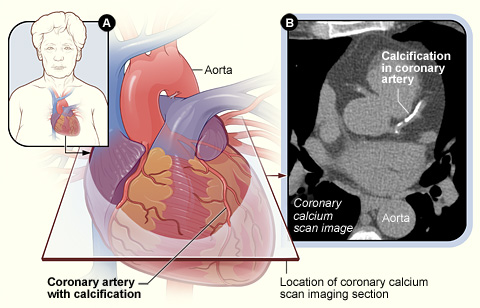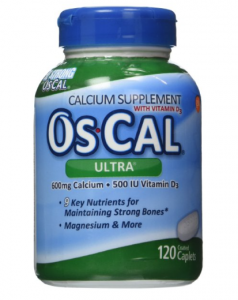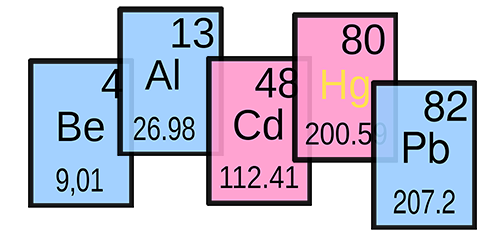Part 1
Yes, is the short answer, stress can cause heart disease and that’s a fact! If you want to know how and the process by which stress can damage your heart, then read on.
So what is stress exactly?

You may have stress within your body and don’t even know it. We all know about the stress we have at work, the problems with our emotions, relationships etc., but what about other stressors.
Stressors can be manifold and diverse. So, let’s go through a typical day. You wake up from a good night’s sleep… or did you. Did you have a good night’s sleep? If not, this is a typical stressor. Many people have trouble sleeping, be it from worrying about what they have to do tomorrow, having a cough or cold, the baby crying through the night, having to get up numerous times for the loo, suffering from sleep apnea, a partner snoring, being an insomniac. Insomnia affects a vast amount of people, especially the older generation. Continue reading Can Stress Cause Heart Disease?

 He went on to say that the family had always consumed lots of dairy products and regularly used supplements to make sure their vitamins and minerals were topped up and especially that they had plenty of Calcium (Ca). Here is an outwardly healthy man in his early 60s who has never had a sign of heart disease. 50% of those who die of heart disease have no symptoms.(1) Their heart attack is the first and last symptom they have. This is a shocking figure and goes to prove there’s something really amiss here.
He went on to say that the family had always consumed lots of dairy products and regularly used supplements to make sure their vitamins and minerals were topped up and especially that they had plenty of Calcium (Ca). Here is an outwardly healthy man in his early 60s who has never had a sign of heart disease. 50% of those who die of heart disease have no symptoms.(1) Their heart attack is the first and last symptom they have. This is a shocking figure and goes to prove there’s something really amiss here. 
